Pod of dolphins dies after becoming overexposed to freshwater in Manning River near Wingham
The drawn out death of a pod of dolphins in a Mid-North Coast river has traumatised a small community. Warning: Graphic content
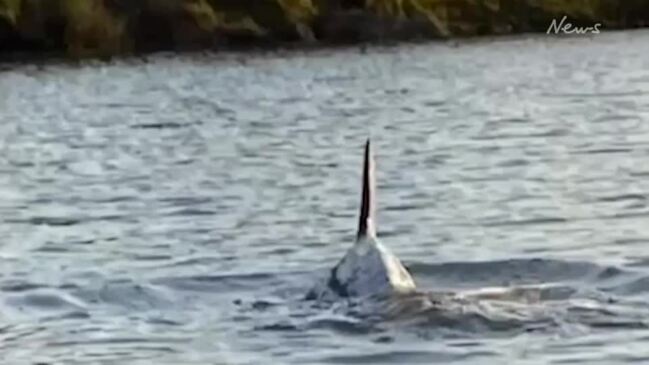
Regional News
Don't miss out on the headlines from Regional News. Followed categories will be added to My News.
The death of a pod of bottlenose dolphins has been officially acknowledged by wildlife authorities, with the tragedy rocking a Mid-North Coast community.
National Parks and Wildlife Service has now spoken about the incident, which saw five normally ocean-dwelling dolphins die in the Manning River near the town of Wingham, west of Taree earlier this month.
The dolphins were in the river for more than a week and excitement gradually turned to horror as they stayed too long, overexposing themselves to freshwater.
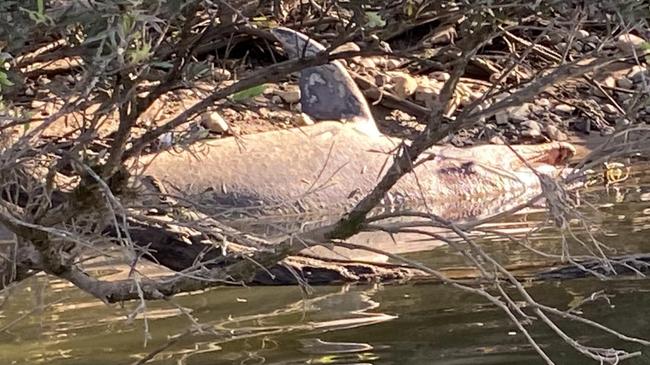
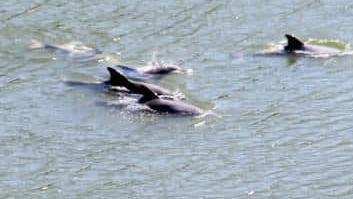
In total, five dolphins were found dead, but it’s not known if more sunk.
Resident Jennah Avard and her parents, along with her son Oscar and neighbours, took on a kind of monitoring role when the dolphins arrived.
They checked on the dolphins daily and updated authorities, including ORRCA (Organisation for the Rescue and Research of Cetaceans in Australia).
Ms Avard said they were asked to keep the presence of the dolphins quiet to avoid people coming to the river to watch, or flying drones overhead.
The dolphins deteriorated and died on September 17 and the Wildlife Service has now detailed the tragedy.
Dolphins tolerate freshwater for short periods and are seen in brackish river systems, but exposure to freshwater for too long leads to organ failure, skin lesions and infections.
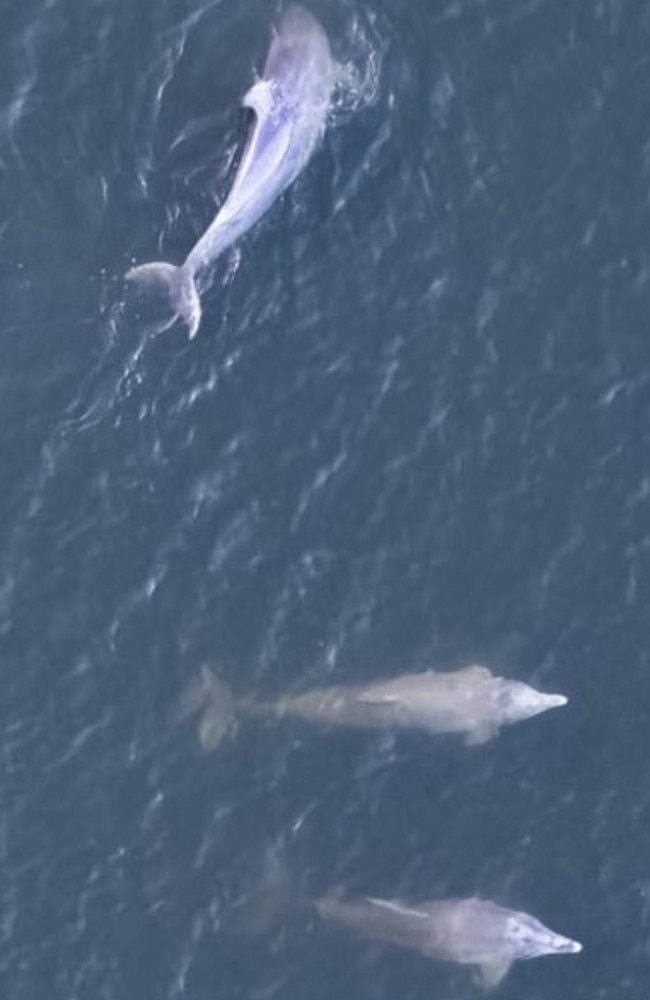
Human interaction with the sensitive marine creatures also poses risks, so it was decided to watch on in hopes the dolphins would move downstream themselves during high tides. But this was not to be.
“It’s not unknown for dolphins to swim up river and in nearly all cases it is best to not intervene, but to monitor them as we did last week,” a NPWS spokesperson said.
“Human intervention, including capture and release, poses a significant risk to dolphins and a positive outcome is not always guaranteed.”
The spokesperson said a “post-mortem assessment is underway to determine if factors other than chronic exposure to freshwater were implicated in the animal’s deterioration”.
A last-ditch rescue effort was launched one morning after four of the dolphins were found dead.
SeaWorld vets and rescuers, who had also been keeping an eye on the situation, arrived with a purpose built van to try to save the sole survivor on Sunday, September 17.
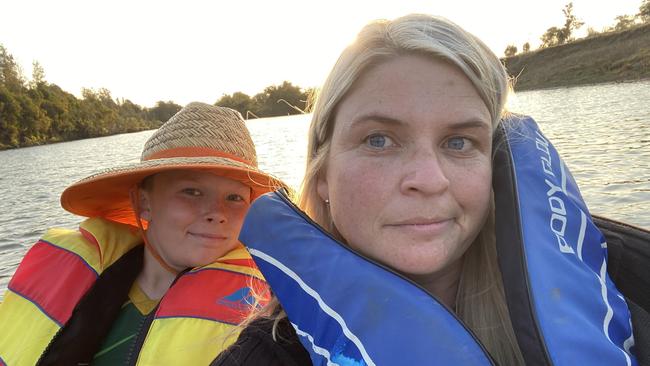
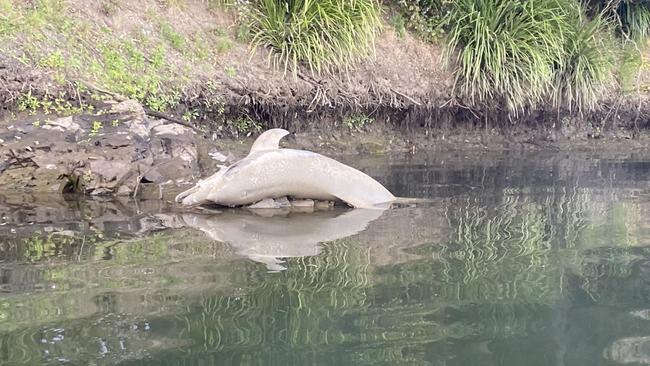
“They were incredible – real heroes,” Ms Avard said of those who came from the Gold Coast.
“They sedated the dolphin and put it in a sling and placed it in the centre of this purpose built rescue van with a corridor down the middle and staff on either side.
“But it was traumatic, make no mistake – there was such a strong pungent smell and lots of blood – Oscar said ‘why is it bleeding everywhere mum?’.”
Sadly, the dolphin died in the van.
Traumatised by the ordeal, Ms Avard has set up a Facebook awareness page, Manning River Watch, to share sightings and information about what to do and who to call in similar situations.
She makes no excuses for sharing graphic photos and videos of what happened, hoping it spreads awareness.
“We had no idea who to call – neither did our neighbours,” Ms Avard said.
“Let’s not watch stranded dolphins slowly die here ever again.”
Anyone who spots a dolphin a long way upstream and in an unsuitable area should phone NPWS on 1300 072 757 (13000 PARKS), or ORRCA on 9415 3333.
More Coverage
Originally published as Pod of dolphins dies after becoming overexposed to freshwater in Manning River near Wingham




